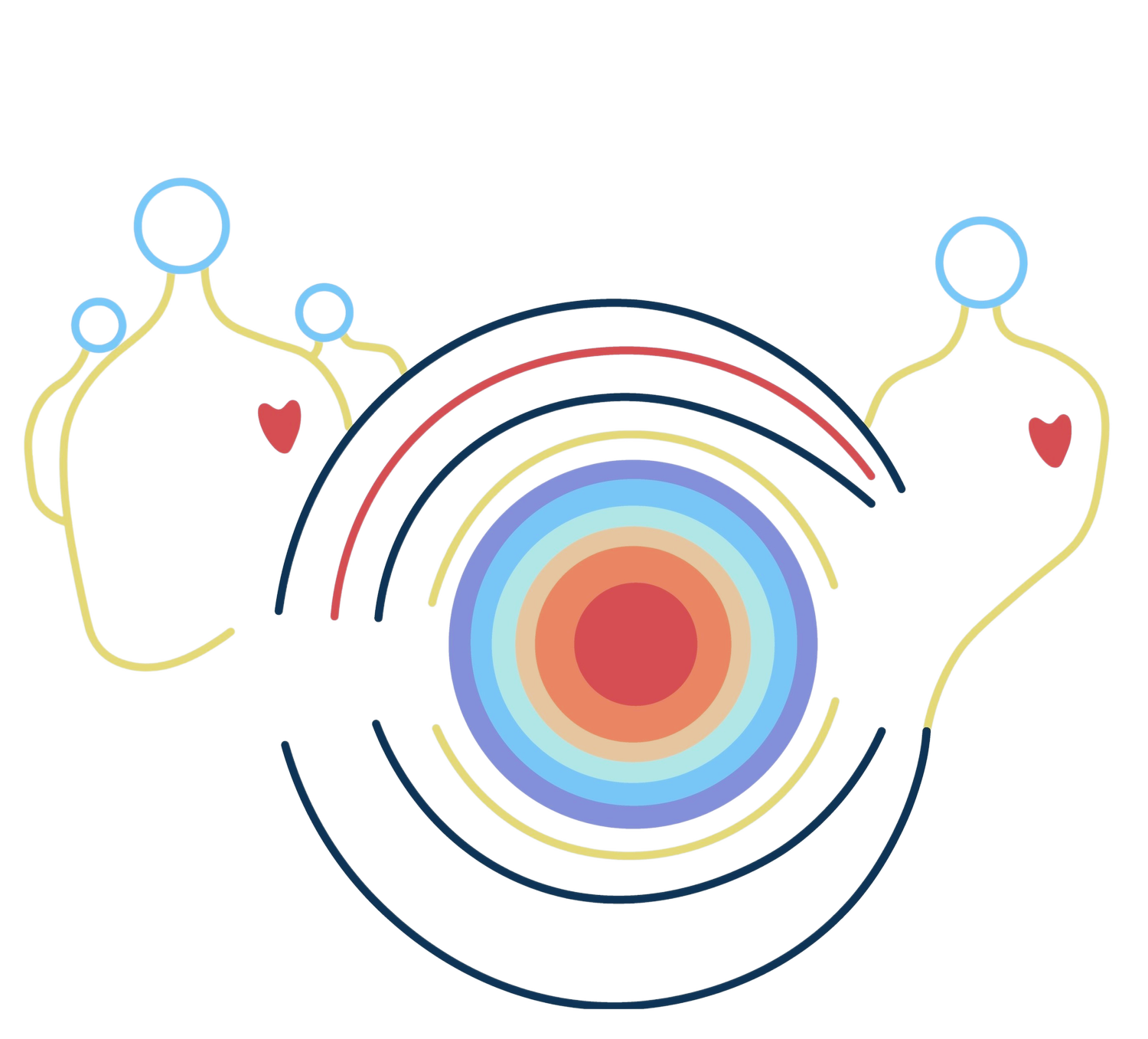truth telling and witnessing roundtable
witnessing roundtable I
witnessing roundtable II
witnessing roundtable III
In the first roundtable sharing the Collective facilitated a virtual circle with people who have interacted with the child welfare system various capacities; child welfare workers, involuntary service users and people with lived experiences such as a child in care, foster parents among other roles. We explored the differences between listening and witnessing; some responsibilities as a witness in a truth telling circle; the links between witnessing and changing child welfare and the needs from a witness when sharing their truths. Attendees and participants had the opportunity listen to what listening meant to them. Some shared that witnessing is about hearing while some see it as engaging all the senses, one’s head heart and soul.
Some responsibilities shared when witnessing truth was the importance for those witnessing truths to turn off distractions and be in community with someone. Others further acknowledged that acknowledging the truth is “tricky.” Which left us with a question of who owns the information when we witness truth? Participants discussed the links they see between witnessing and changing the child welfare system. There were a number of persons who acknowledge that there was no space in the workplace to discuss and the challenges of some voices not carrying the same weight. This session was to start the conversation about listening and witnessing truths about the child welfare system by urging participants and attendees to explore how they facilitate witnessing people’s stories.
Attendees for session one were invited for a second session where we further explored the process of listening and witnessing. Building on the truth sharing and witnessing from the previous session we explored why we are so passionate about witnessing truths, what are some of the obstacles to witnessing in child welfare systems and some of the responsibilities that we hold once we witness truths.
Participants in the roundtable shared their experiences and highlighted several things that impact them sharing their truths such as the system they work within and the associated policies that often hinder witnessing truths. Some participants highlighted how their roles within the child welfare systems limited their capacity to witness truth along with their personal experiences. The roundtable participants further shared some of their responsibilities when they witnessed truths along with what they felt their responsibilities were active witnessing participants. A number of participants highlighted their need to take action that influence a change in the child welfare system.
Previously, we explored why we are so passionate about witnessing truths and the obstacles to witnessing.
During this webinar, we practiced moving beyond listening/hearing and toward witnessing child welfare truth.
After our experience we unpacked our responsibilities now that we have witnessed truth.
